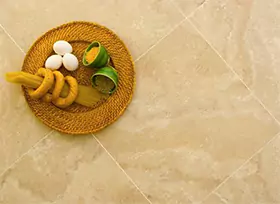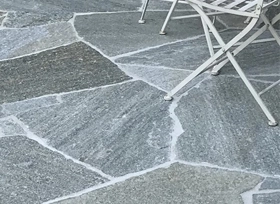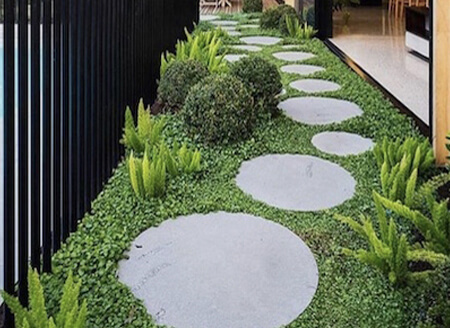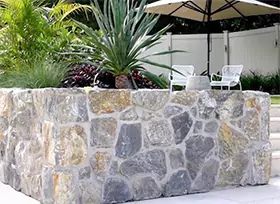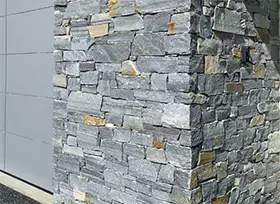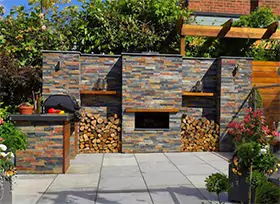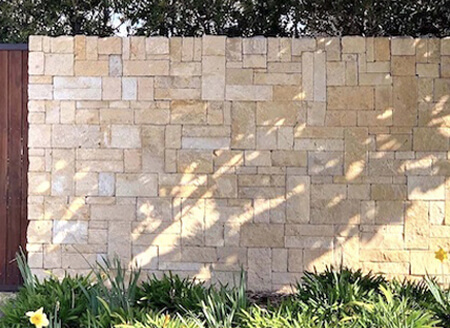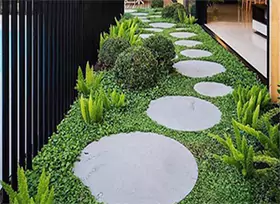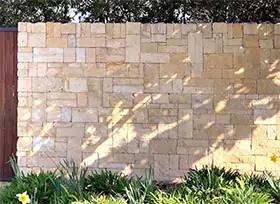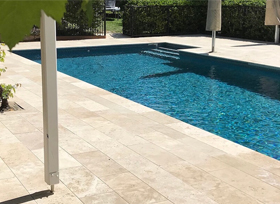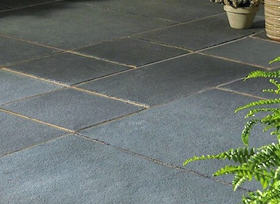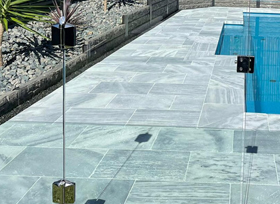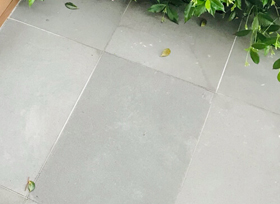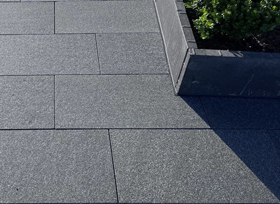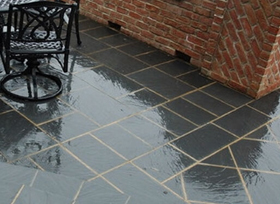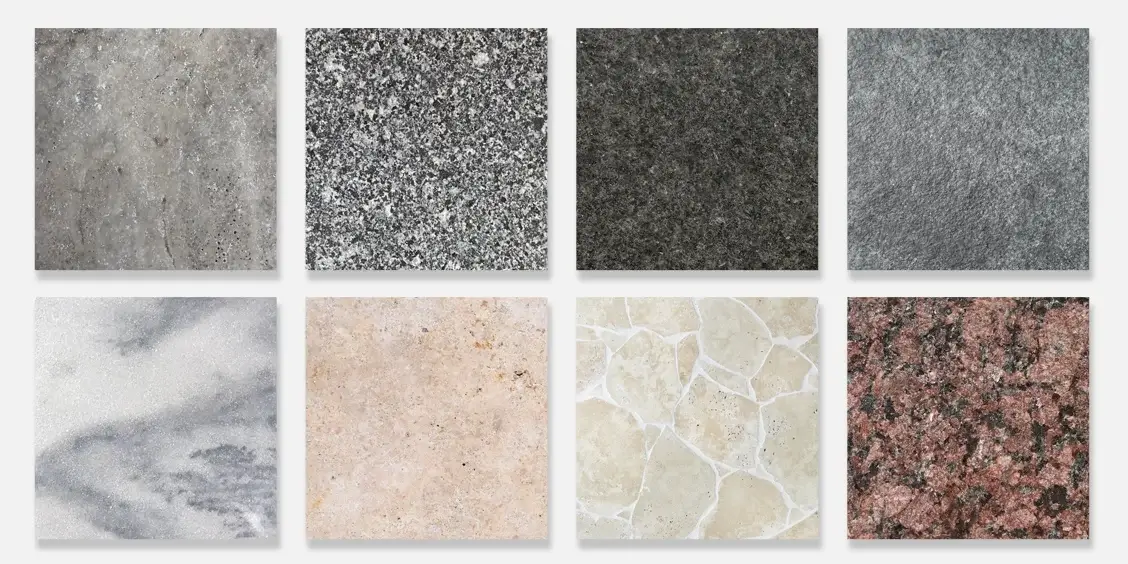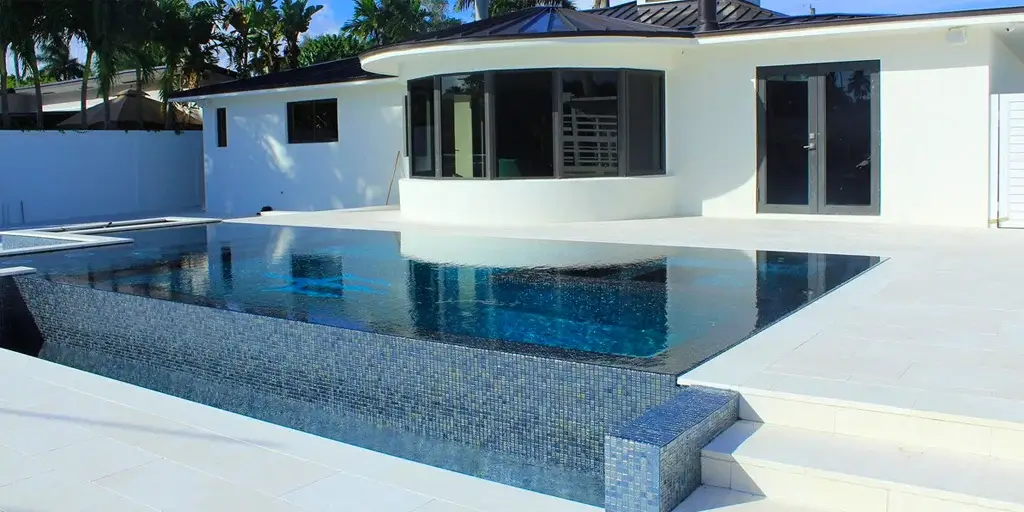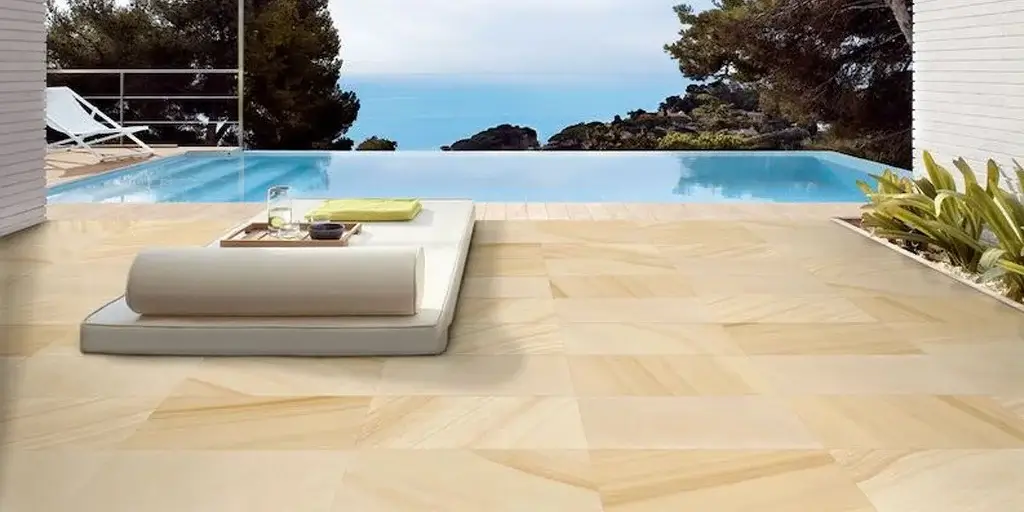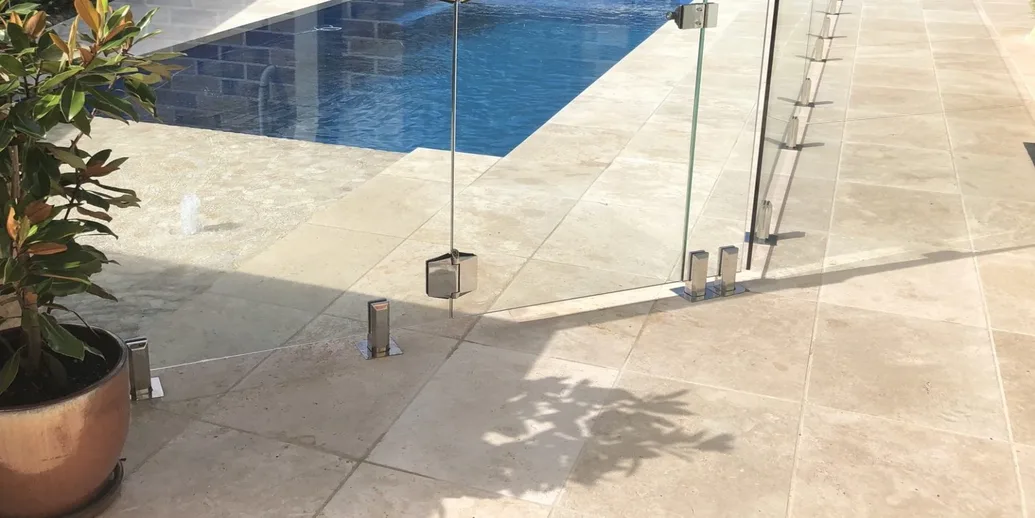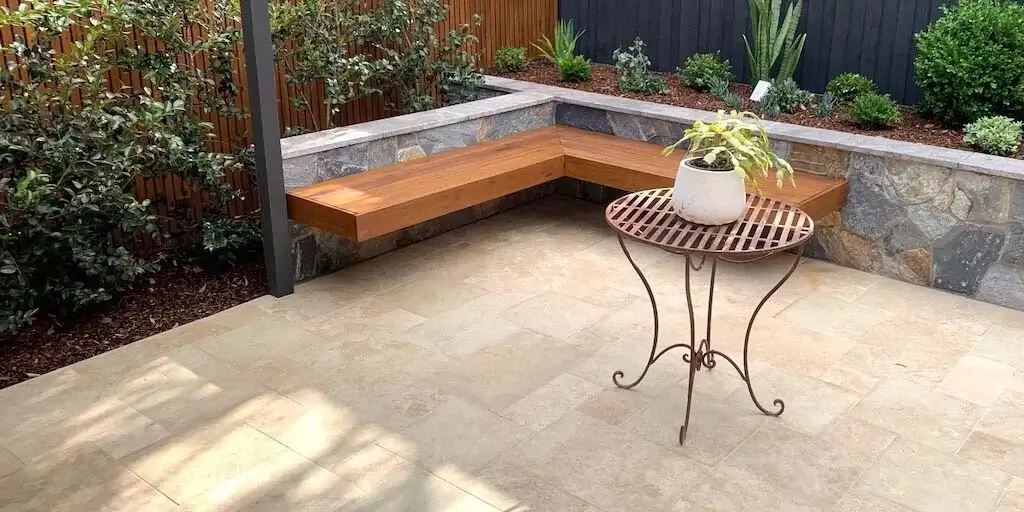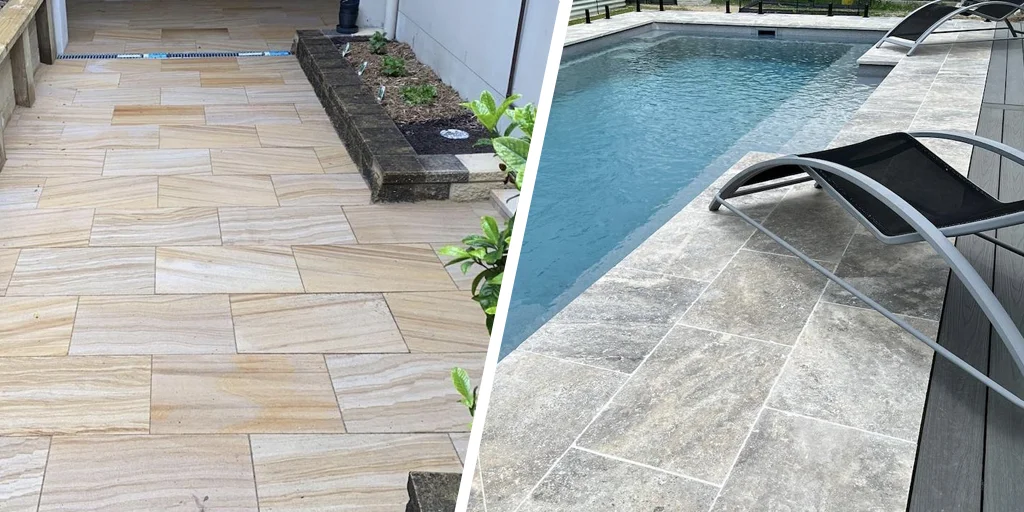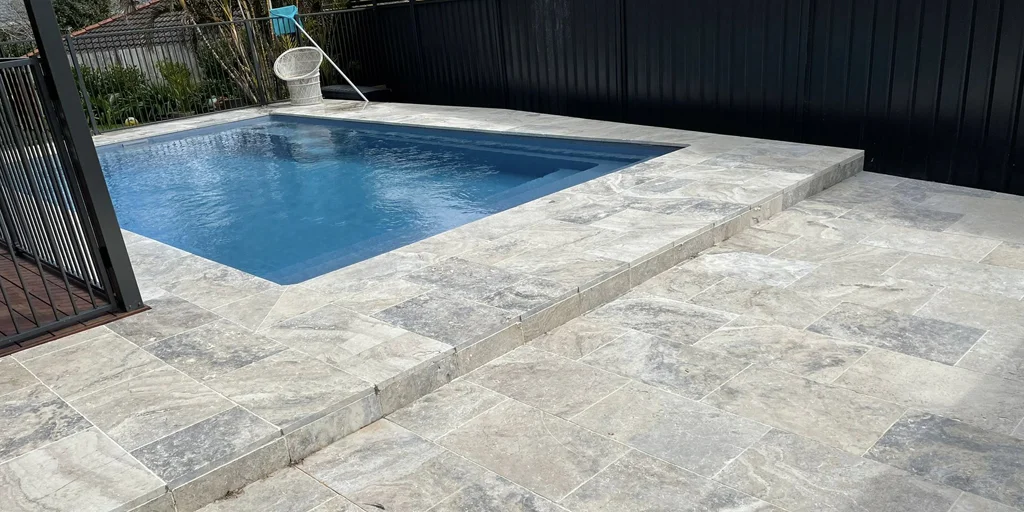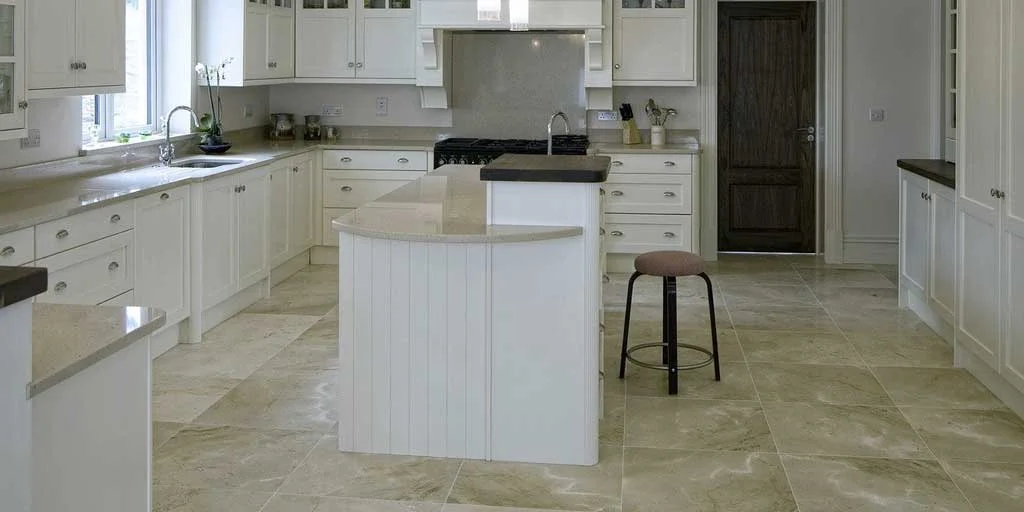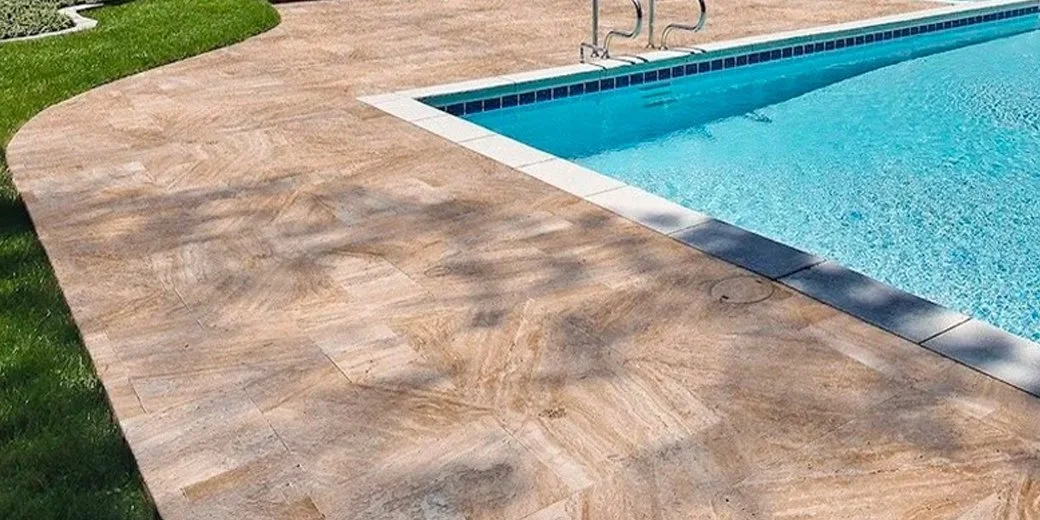Most of us have only known the two most common types of tiles used for construction: ceramic and porcelain tiles. From natural stone-based tiles to man-made synthetic tiles, there are different types of tiles used for building various constructions.
In construction jobs building material plays a significant role. You'll be amazed at the number of tiles available in the market. Each type of tile has unique features used for specific purposes. Since these tiles come at different prices, choosing the one that suits your space can be challenging.
Here's a range of unique and different types of tiles with their features. This will help you to decide which tile flooring is best for your space.
So, let's get started.
Ceramic tiles
The first one on the list of different types of tiles is ceramic tiles, which are made from clay. They are a popular choice for floors and walls. Ceramic tiles are commonly used for homes, particularly while interior designing, since they come in various colours, sizes and patterns and are easy to maintain. They add shine and glam to areas, particularly in low-traffic situations. Ceramic tiles work great with any decor and their style value is genuinely captivating.
Pros of Ceramic Tiles:
- Durable
- Adaptable
- Scratch-free finishing
- Versatile
- Have a long-lasting shine
Cons of Ceramic Tiles:
- Not appropriate for external use
- Susceptible to lower temps
- Absorbs a large quantity of water due to its clay-based composition
Usage:
- Flooring: Ceramic tiles are one of the most popular tiles that are used in flooring. They are suitable for this purpose due to their low cost, ease of use, variety of colours, shapes and sizes.
- Walls: Ceramic tiles can also be used on walls inside and outside the home. They can be used to create designs on inside surfaces or alter the space's colour and lighting. Since they are heat-resistant in nature, they are used for outdoor landscaping at well. However, they cannot be said to be the best choice for outdoor design.
Porcelain tiles
Porcelain tiles are a denser variety of ceramic tiles; hence it is listed on the second number of different types if tiles. They are incredibly durable and stain, scratch and moisture-proof, making them perfect for high-footfall places. That is why it is mainly used for areas such as kitchens and restrooms. Because of the subtle distinction, porcelain tiles are often confused with ceramic tiles. Porcelain tiles are produced from denser clay and treated at much greater temps than non-porcelain ceramic tiles. As a result, the resulting substance is considerably stronger and more resistant to damage. Instead of standard clay tiles, porcelain tiles can be used outside without concern. Their intangible porosity and superior resistance against cold and extreme temperatures make this possible.
Pros of Porcelain Tiles:
- High resilience to wear and scratch
- Less maintenance
- Apt for high-traffic areas
- Durable
- Improved moisture blockage
Cons of Porcelain Tiles:
- Difficult to carve or mould
- Expensive
- Heavy, delicate and slippery
- Difficult to mount
Usage:
- Stairways: Many people are unaware that porcelain tile can be found in types and textures that resemble natural wood. This makes it a popular choice for high-traffic places where your favourite timber flooring may be damaged due to excessive wear and tear. Porcelain stairwell flooring can provide the desired texture while improving strength and longevity. It is because of these reasons among all the different types of tiles, this Porcelain tiles are frequently used for stairways.
- Washroom: Most bathrooms feature urban flooring and porcelain tiles are the finest option. It is because of its resistance to water and other external factors common in bathroom environments. It also provides numerous opportunities for variation, examples, forms and sizes to create the desired oom-pah factor.
Glass tiles
Glass tiles are a stylish choice for walls and borders. They are available in a variety of colours and textures, such as smooth, glossy and iridescent. Glass tiles are flat stones used for lining or covering surfaces. Glass panels can be mixed with other elements, such as stainless steel and come in a variety of shapes, transparencies and colours.
Pros of Glass Tiles:
- Beautiful and infinite colour variations
- It gives the impression of space
- Simple to keep and sanitise
- Water resistance
- Recyclable and environmentally favourable
Cons of Glass Tiles:
- More costly
- Installation is costly & tough
Usage:
- Kitchen: Glass panels or tiles are slightly transparent and reflect light. Because of this reason, out of all the other types of tiles, glass flooring makes your kitchen appear more prominent and livelier. Glass tile resists stains because it is less porous than other clay-based tiles.
- Showers: Glass tiles can also be used for bathroom walls. It is because of its water resistance feature. This variety of tiles comes in many pleasing colours and patterns. Furthermore, glass flooring magnifies the light, making your bathroom appear more prominent. Glass tiles come in various widths and is ideal for shower surfaces. You can choose a slip-resistant glass plate for more footing.
Stone tiles
Natural elements such as Marble, Granite, Sandstone, Bluestone and Travertine are used to make stone tiles. They are incredibly durable and lend a luxurious addition to any room. Natural stone tiles have been used for interior design reasons for a long time and were the substance of choice for palaces, towers and other historic structures. These tiles are still popular today amongst all the different types of tiles because of their ability to withstand wear and tear while maintaining their appearance.
Pros of Natural Stone Tiles:
- Durability
- Resilient
- Various textures and finishes
- Easy to install
- Low maintenance
Cons of Natural Stone Tiles:
- Varying porosities
- Higher cost
- More delicate and prone to chipping
- Easily scuffed
Usage:
- Flooring: Natural stones are best suited for flooring because they are one of the most durable and resilient options. It is highly resilient and warm and its rocky qualities give the space a unique natural appearance.
- Wall Cladding: Various natural stones, such as Limestone and Sandstone, can cover the outside and inside walls of private and commercial buildings.
- Pathways: Various natural stones can creatively create hypnotic pathways in gardens or yards. Natural stone tiles can be used to add a character without having to worry about their durability or lifespan.
Types of Natural Stone Tiles:
Marble Tiles: These natural stone tiles come in various shapes and sizes depending on the materials used. Marble tiles are also available in multiple finishes, making them suitable for any space. Despite their beauty, Marble tiles are expensive and prone to staining from spillage due to their porous nature.
Granite Tiles: They are the best option for areas where footfalls are high, such as driveways or kitchen slabs. However, if you want the stone to be more durable, you should use pavers instead of tiles, whose thickness should be 30mm. The unique characteristics of the stone, which symbolise strength and longevity, make it a popular choice for outdoor pavers. They are scratch and corrosive resistant.
Sandstone Tiles: Sandstone is a sedimentary rock made up of quartz and grit. It is incredibly durable, adding vibes to your outdoor areas and is especially common in pathways, patios and pool decks. These tiles are also available in various sizes, styles and variations. They add a very gritty tone to the area.
Travertine Tiles: Let's talk about the most famous tile in Australia, Travertine tiles. They are made from a type of Limestone that is typically found near natural springs and caves. They come in a variety of colours and have a textured surface. Travertine is also highly durable and has been used for centuries. Travertine is now used to build pool decks, pathways, bathrooms and other outdoor spaces where there is a lot of exposure to water. Travertine is not only durable, but it is also easy to repair. Furthermore, these tiles are completely recyclable and eco-friendly.
Limestone Tiles: It is a phenomenal building material that can be utilised to add character to any space. The Limestone tiles have textured surfaces as they are commonly sedimentary rocks.Limestone tiles are more grounded when contrasted with vinyl, porcelain or wooden floors.When utilised with care and legitimate support, Limestone tiles will look great for a long time.
Mosaic tiles
Mosaic tiles are created by arranging tiny ceramic fragments, glass or stone in a pattern or design. They are an excellent choice for bringing a splash of colour to a room. Mosaic tile is any combination of sizes, varieties, shapes or materials arranged in a sheet for easy installation. They can be ceramic, porcelain, glass, regular stone, metal or mirror, placed randomly or in a pattern on a lattice-mounted sheet.
Pros of Mosaic Tiles:
- Visually appealing
- High tensile strength
- Easy maintenance options
- Design adaptability
- Cleaning is simple
Cons of Mosaic Tiles:
- High cost
- A little challenging to install
Usage:
- Walls: This is one of the most well-known applications of mosaic stones in interior design. The great thing about using mosaic tiles to plan your surfaces is that they don't peel or crack and can easily withstand water and heat.
- Flooring: Mosaic titles resist severe weather and foot traffic without sustaining significant harm. However, it is not better than natural stones like Granite. In comparison to other types of flooring, the aesthetic flexibility of mosaic tiles allows them to reproduce appealing patterns while remaining easy to clean.
Choose The Best Fit from Different Types of Tiles
When choosing tiles for your home, you must consider the function of the space, as well as your style and budget. With so many options available, you're sure to find the perfect tiles to suit your needs and enhance the look of your home. We hope our comprehensive blog on different types of tiles was able to help you understand your options.
In conclusion, natural stone tiles are a clear winner regarding flooring and wall cladding options. They offer a unique combination of beauty, durability and eco-friendliness that other types of tiles cannot match.
While they may require a higher upfront investment, their longevity and low maintenance make them a cost-effective choice in the long run. Additionally, natural stone tiles' unique character and individuality add a touch of luxury and elegance to any space, making it a popular choice among designers and homeowners alike. When choosing the best tile option for your next project, natural stone tiles should be at the top. We at Stone Depot have a wide range of different types of tiles that are naturally sourced. Check us out today!
*Disclaimer: All information and advice given above in the blog are to the best of our knowledge. Please reconfirm at your end before execution.




